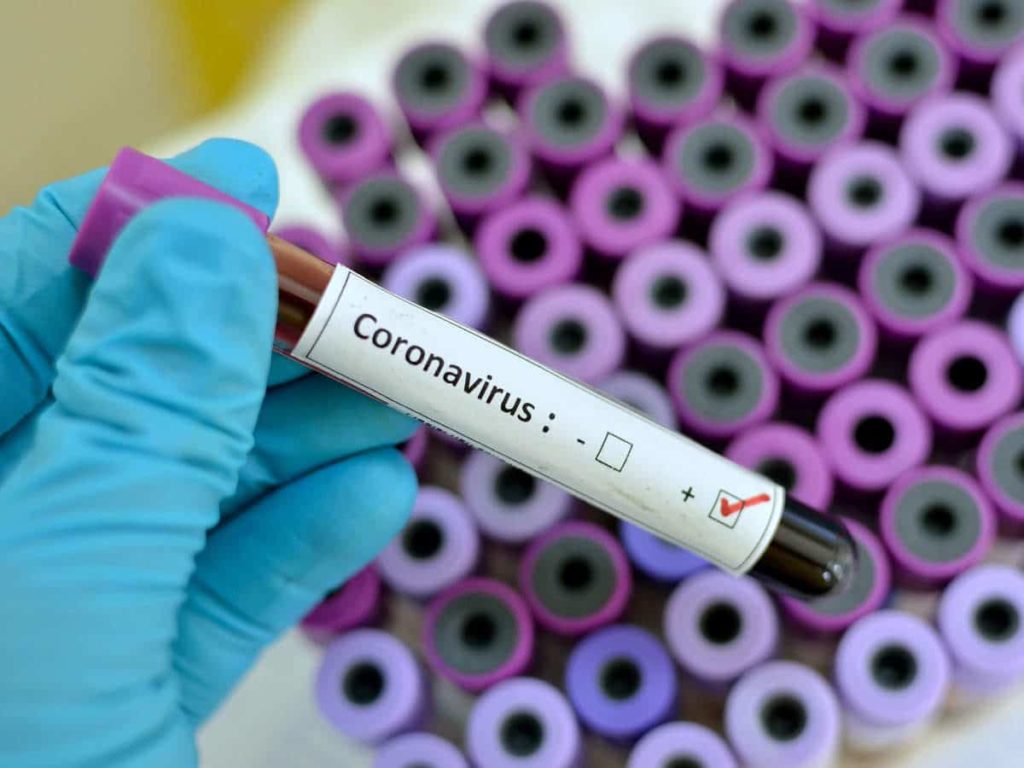Covid-19: Full text of joint CSOs on pandemic in Nigeria

Coronavirus
Introduction:
The purpose of this press conference is to release to the public a Joint Memo that has been prepared and endorsed by 407 Civil Society Organizations in Nigeria on the response to the COVID-19 pandemic in Nigeria.
As you know, the number of coronavirus cases in Nigeria has increased from the first case on February 27 to 1,932 by April 30. Commendably, frontline health workers have continued to do tremendous work in responding and providing help. To augment government’s efforts, some CSOs have implemented projects to support the poor and vulnerable while raising concerns about areas of improvement. To articulate these gaps, CSOs in Nigeria have produced a Joint Memo covering eight thematic issues and many recommendations aimed at ensuring more effective and efficient responses to the COVID-19 pandemic in Nigeria.
Thematic Issues and Recommendations:
The following are the eight thematic issues, while the recommendations are only few out of the many stated in the Joint Memo.
Thematic issue 1: Safeguarding frontline medical and non-medical workers
Key Recommendations:
Mitigate risks of infections and deaths by providing Personal Protective Equipment and every other necessary protective materials for all frontline workers.
Provide commensurate hardship allowance, as well as insurance cover for all frontline workers and their immediate family members.
The Presidential Task Force on COVID-19 should collaborate with relevant medical associations to ensure standard best practice is maintained in the proper use and disposal of PPEs, among other operations.
Thematic Issue 2: Strategy for lockdowns and curfews
Key Recommendations:
Introduce short- and medium-term plans to cushion the economic impact of the pandemic on the people.
Prioritize better data collection and poverty mapping through existing community, religious, and traditional structures.
Provide regular, not one-off, distribution of palliatives, particularly food and/or cash transfers to the poor.
The legislative arm should consider quick Bills aimed at alleviating people’s sufferings during and post pandemic.
Thematic Issue 3: Disproportionality and access to other essential services
Key Recommendations:
Conduct disaggregated data assessment of vulnerable and at-risk populations, and develop response strategies to suit their intersectional and unique needs.
Proactively reduce possible spread of the virus among clustered populations, such as IDPs and refugees camps, by putting measures in place for testing, response, and prevention.
Grant ‘Passes’ and designate as ‘essential’ Centres that provide support services to at-risk and vulnerable populations, such as widows, elderly, persons living with disability, and people living with HIV/AIDS.
Establish measures to ensure education continues for all school-age children, especially girls, while not leaving behind those with limited or no access to technology.
Thematic Issue 4: Composition of the Presidential Task Force (PTF)
Key Recommendation:
Expand the composition of the PTF to include key groups such as women, youth, CSOs, and persons living with disability.
Thematic Issue 5: Standardization
Key Recommendations:
Develop Standard Operating Procedures for all key COVID-19 response operations and actions.
Conduct periodic experts review and projections of the spread of COVID-19 at national, state, and local levels so as to proactively galvanise stakeholders for quick actions.
Emplace standard and practice and protocols on regularly sanitizating and fumigating isolation centers, designated hospitals, public places, and other key areas.
Set up drive-through/walk-in/mobile testing units and first-responder units especially in low income neighborhoods, as well as hand-washing points in public places such as markets, transport stations, etc.
Thematic Issue 6: Gender Lens
Key Recommendations:
Reinforce a gender-sensitive response to the pandemic, including having a gender-focal person on all response committees.
Prioritize women as beneficiaries of palliatives and stimulus package, including at-risk women population such as pregnant women, widows, breadwinners, PLWD, PLWHIV/AIDS, etc.
In all COVID-19 awareness programs, include targeted information on prevention of gender-based violence.
Provide ‘passes’ to GBV responders and service providers, while directing response services, such as shelters and counselling centres, as ‘essential.’
Thematic Issue 7: Human Rights, Safety, and Security
Key Recommendations:
Set up protocol that ensures all response strategies and actions are scrutinized through human rights lens by the National Human Rights Commission and CSOs.
Improve security and safety of all people, at all times and in all places.
Monitor and investigate human rights abuses by state and non-state actors, while ensuring prompt prosecution and adequate punishment of perpetuators.
Train and sensitize law enforcement agents on best practice in enforcing lockdowns, such that does not violate human rights.
Thematic Issue 8: Transparency and Accountability
Key Recommendations:
Provide periodic updates to the general public on all COVID-19 funds, as well as details of disbursements.
Establish an independently-managed tracking and monitoring process that ensures foolproof measures are in place to block financial loopholes while curbing possible fraud and financial misappropriation.
As a whistle-blowing approach, government, together with CSOs, should introduce toll-free lines for reporting corruption cases on COVID-19 funds and palliatives.
Empower the EFCC and ICPC to identify, investigate, and promptly prosecute persons found guilty of COVID-19 related financial crimes.
Call to action:
To this end, we urge relevant government and non-governmental bodies saddled with the responsibility of ensuring Nigeria’s effective response to the pandemic – especially the Presidential Task Force on COVID-19, the Nigeria Governors’ Forum, the Organized Private Sector, and the Economic Sustainability Committee – to use this Joint Memo as a guide in designing and executing strategies that will ensure we save as many lives as possible during and post the COVID-19 pandemic.
We assure the Federal, State, and Local Governments of the continuous support and commitment of Civil Society Organizations across Nigeria. We are all partners in progress.
God bless the Federal Republic of Nigeria.






